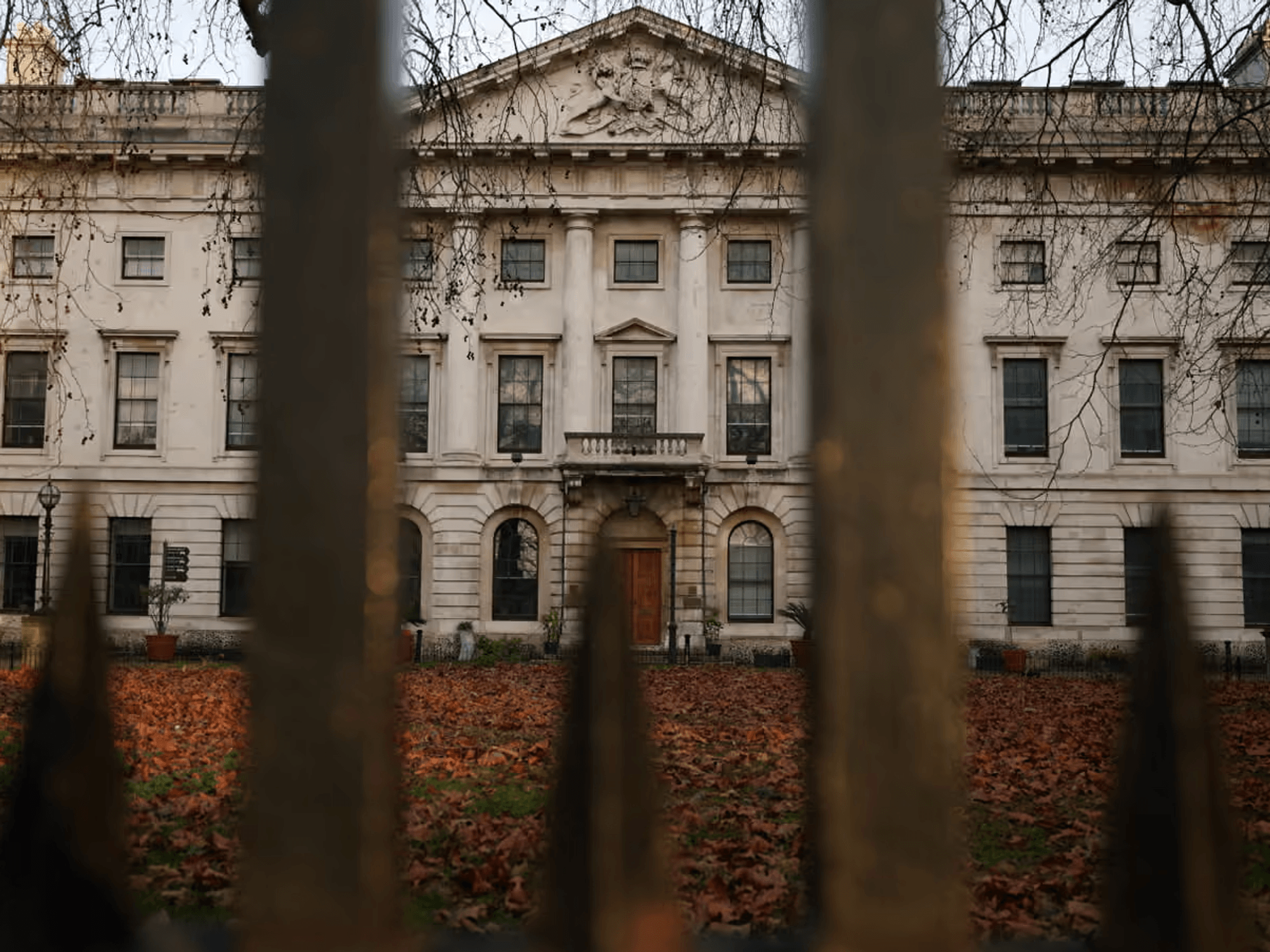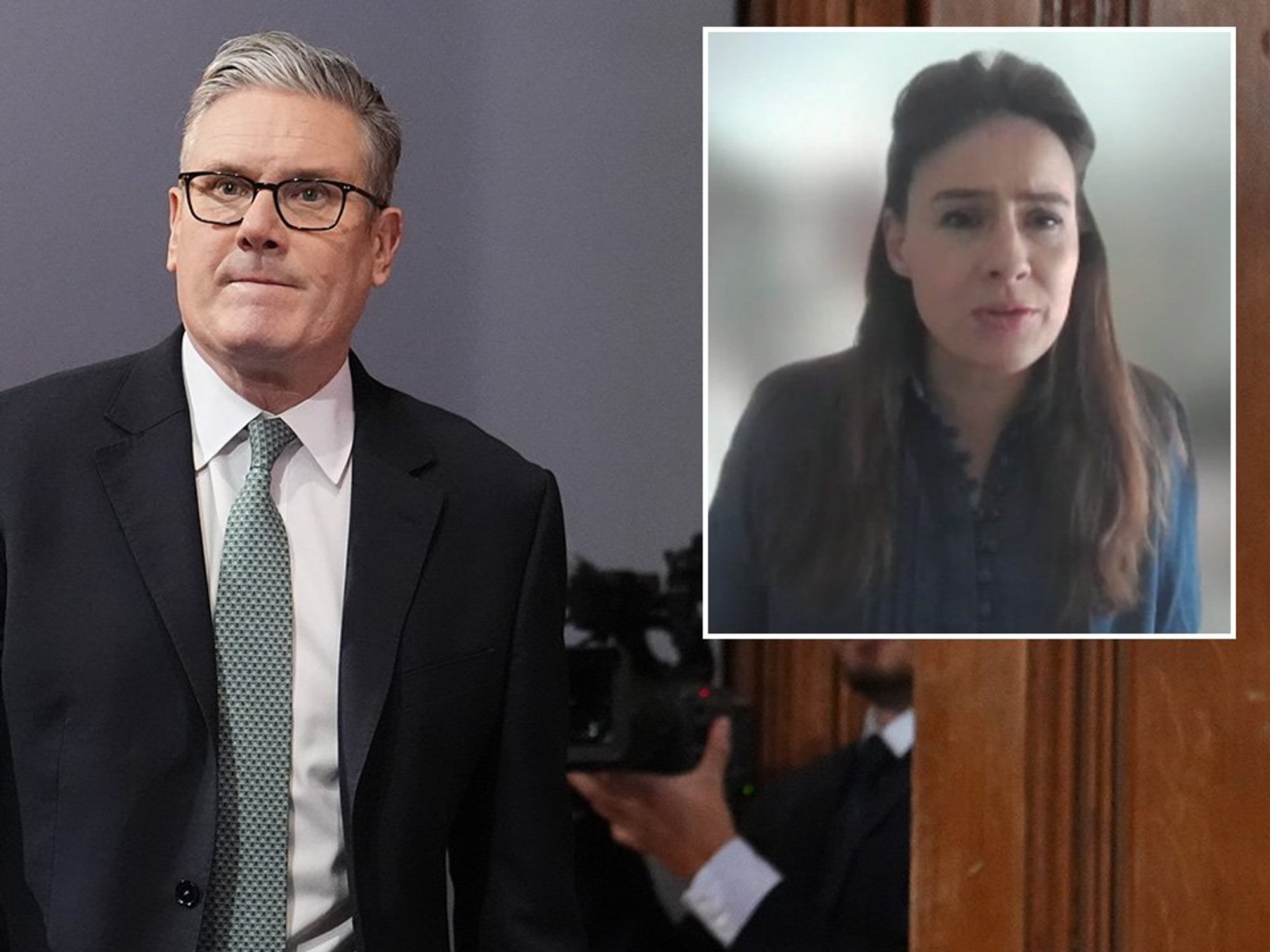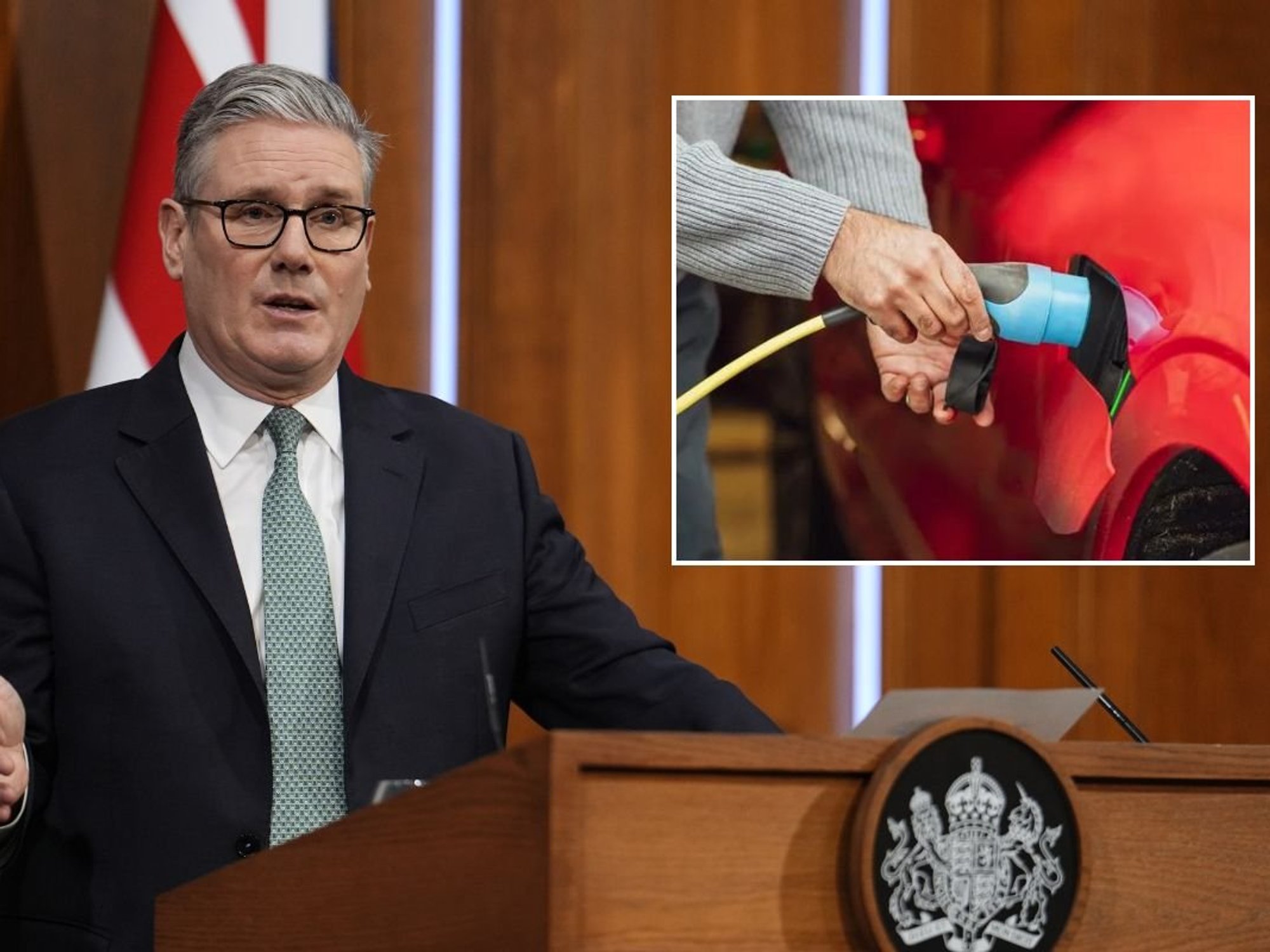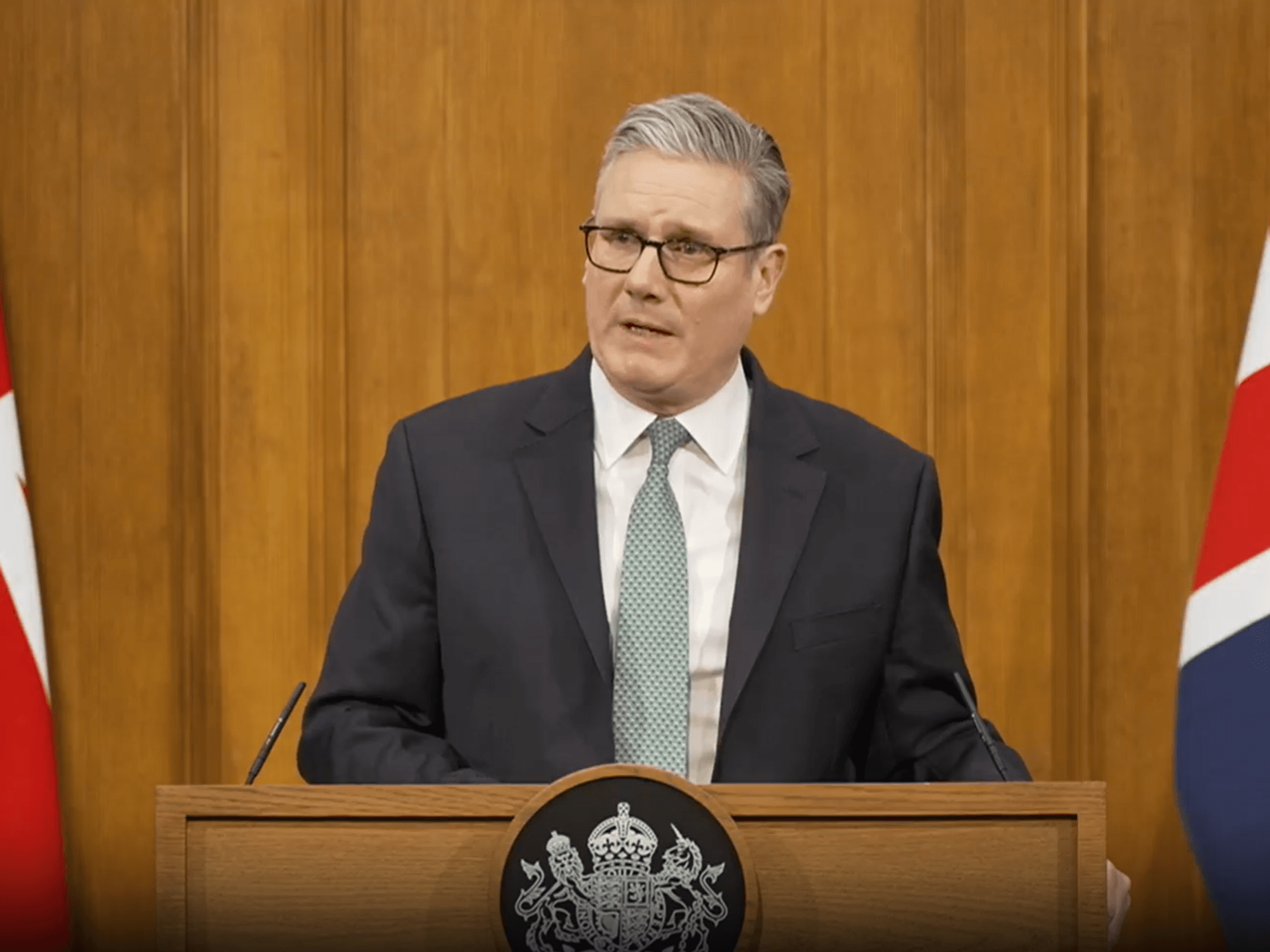Motorists over 70 could face 'essential' eyesight checks soon as Labour axes 'optional' measures

Labour plans to introduce mandatory eyesight checks for elderly drivers to improve road safety
Don't Miss
Most Read
Drivers have been urged to check their eyesight and encourage fellow road users to do the same ahead of potential new changes coming this autumn.
Reports suggest that now Parliament is back in action, Labour will introduce tougher road requirements, including new eyesight tests for elderly drivers.
As part of the expected road safety overhaul, the Government is preparing to introduce compulsory eye tests every three years for drivers over 70, marking stricter measures from previous standards.
Experts have urged drivers to encourage older drivers to ask about their last eye test and even offer to help them book or attend one.
Do you have a story you'd like to share? Get in touch by emailing motoring@gbnews.uk
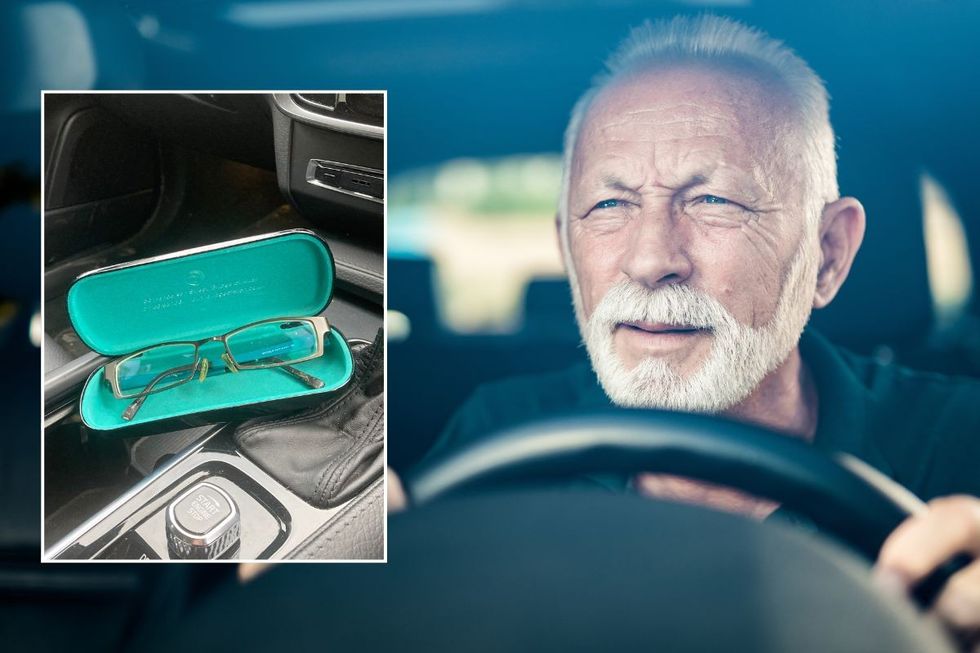
Elderly drivers will be required to complete compulsory eyesight checks once they turn 70
| GETTY/PAUnder current requirements, drivers are only required to self-report changes in their vision to the DVLA, meaning many motorists may be driving with eyesight below the legal standard.
Mark Reece, motoring expert at RevMonkey, said: "The Government is right to highlight the risks of poor eyesight on the roads, but waiting for legislation could be too late.
"If you're visiting your parents or grandparents, ask when they last had an eye test. It's a small action that can protect their independence, keep them safe behind the wheel, and give families peace of mind. Too often, people see eye checks as optional, but they're as essential to safe driving as seatbelts and brakes."
The tougher law change suggestions come after coroner reports earlier this year linked several fatal accidents to drivers with poor eyesight, sparking action from the Government.
Mr Reece added that families often worry about older relatives losing their licence, but by getting regular eye checks, it can help them drive safely for longer. "A quick appointment could mean years more of confident and independent driving," he said.
According to the latest Department for Transport road safety data, there were 1,633 fatalities and nearly 28,000 serious injuries last year.
A Labour source told GB News: "At the end of the last Labour Government, the number of people killed and seriously injured on our roads was at a record low, but numbers have remained stubbornly high under successive Conservative Governments.
"In no other circumstance would we accept 1,600 people dying, with thousands more seriously injured, costing the NHS more than £2billion per year."
LATEST DEVELOPMENTS:
Meanwhile, Nicholas Lyes, director of policy and standards at IAM RoadSmart, said the upcoming changes to eyesight tests were ambitious but welcome and marked a "step in the right direction".
He added: "While many drivers over the age of 70 are safe and competent, health issues and confidence can have an impact on driving abilities, so it is sensible to review whether changes need to be made.
"We would also support reducing the drink-drive limit in England and Wales alongside measures to target drug-driving; however, these would require significantly more backing for roads policing teams to effectively enforce new laws."
Recent research also found that a quarter of Britons know an older driver who should no longer be behind the wheel.
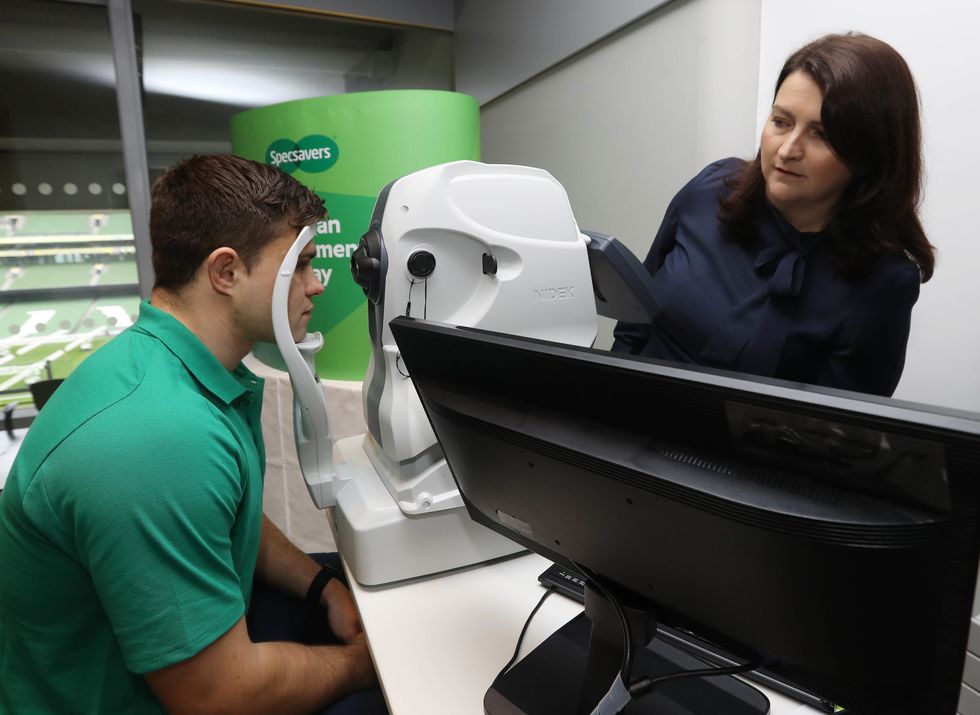
Coroner reports revealed that poor eyesight was the main contributor to several road fatalities
| PAA further 27 per cent shared that introducing annual driving tests and medical checks for drivers after they turn 70 would help protect older drivers and other road users.
Ian Wilson, car insurance expert and managing director of Tiger.co.uk, said while older drivers are typically considered one of the safest age groups, "as drivers approach mid to late 70s, they often see their premiums start to increase, as accidents at that age can be more frequent and injuries could be more severe".
He continued: "We all want to stay independent for as long as possible, and driving is an important part of that independence for many older people.
"However, if you are worried that your driving is not as good as it once was - maybe your reaction times are noticeably slower or your eyesight is getting worse - you may want to consider talking to your GP about your fitness to drive."







